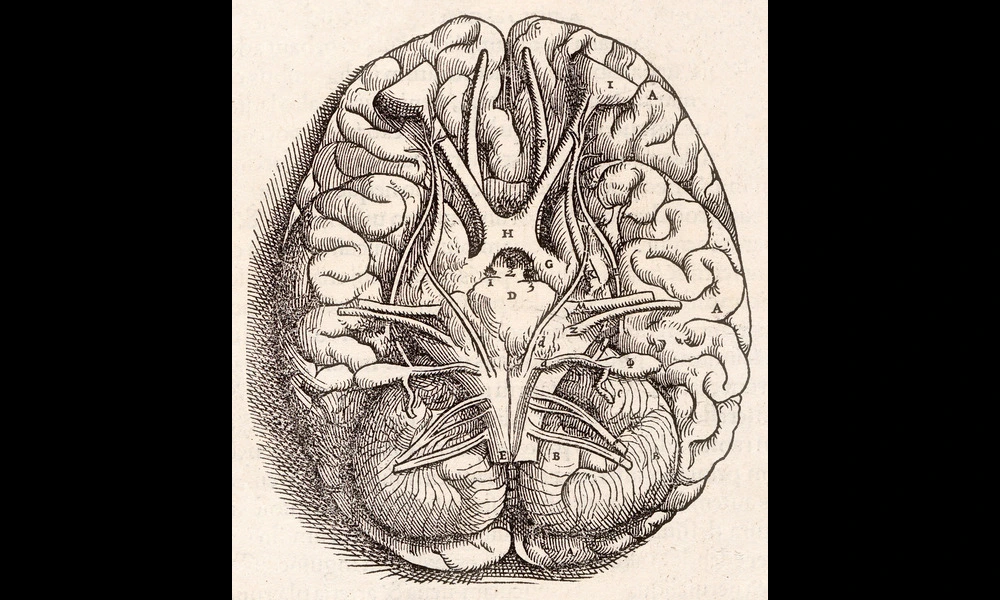Challenges Chicago Overcame to Provide Vital Services to Drug Users During The Pandemic
Published on Mon Oct 09 2023 Chicago | R Boed on Flickr
Chicago | R Boed on FlickrAs the COVID-19 pandemic sent shockwaves through communities across the globe, individuals who inject drugs (PWID) in Chicago faced unique challenges due to their increased risk of contraction and severe outcomes from the virus. While access to harm reduction services such as syringe exchange and naloxone distribution has always been critical for this vulnerable group, the necessity of maintaining these resources became even more pronounced amid the pandemic's constraints. A new study dives into the experiences of PWID during COVID-19, shedding light on their access to life-saving harm reduction services and touching on the efficacy of adaptations made by service providers during unparalleled times.
In this study, conducted by the University of Illinois Chicago School of Public Health and collaborators, the perceptions of PWID were front and center, unlike previous research which often emphasized the views of staff at service organizations. By analyzing survey responses from individuals within the Chicago metropolitan area, the researchers sought to understand how access to harm reduction services evolved through the pandemic, especially with various COVID-19 mitigation policies in place.
Key findings revealed that the majority of PWID participants reported consistent access to syringes and naloxone compared to before the pandemic. Notably, difficulties in accessing syringes were significantly higher in the initial stages of the pandemic. However, as time went on, these challenges lessened, illustrating the positive impact of harm reduction service adaptations such as mobile and window services, particularly as Chicago's stay-at-home orders were lifted and COIP, a central harm reduction service provider, scaled up its operations.
These insights into the real-world experiences of PWID during a global health crisis highlight the importance of flexible and responsive harm reduction programs. As the study underscores the key contributions of such services in upholding access for PWID, it calls for further research into the broader implications of the pandemic on harm reduction engagement and access to other essential services. This need for deeper understanding could guide future policies and interventions, ensuring that even amid crises, the health and wellbeing of some of society's most at-risk members are not overlooked.



